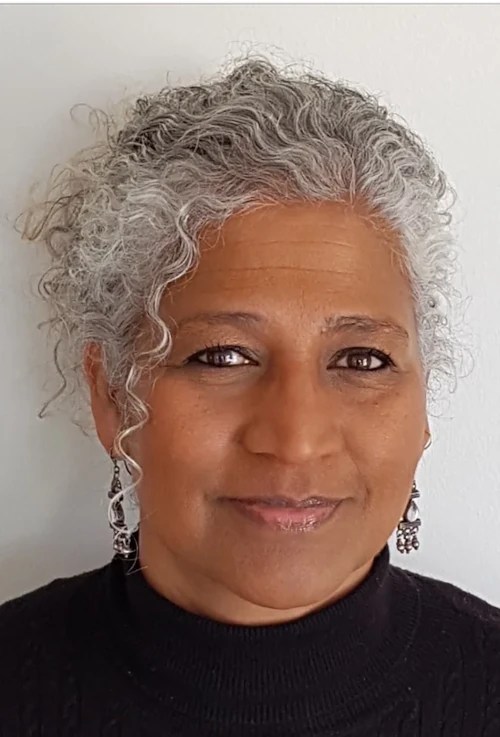Welcome to kidsaregifts
One Thursday in the autumn of 2014, my adorable son, Saagar, died. He was twenty. He had been diagnosed with a serious mental illness only ten weeks prior.
Such tragedy must not befall any family. I am a doctor and I had no clue this could happen to us. How many people out there don’t know it can happen to them?
That was Day 1 in the ‘After’. Nothing would be the same ever again. This would never make sense. Starting this blog on that very night was an attempt to find a way to live in this new, excruciatingly painful, reality I had been exiled into. It was the hook on which I hung my heavy days. It was my time with Saagar. It was a friend, a punch-bag, a sick-bag, a vent and a way of being somewhat useful. It became a call for us all to be more aware and compassionate. It was and is a journal and a form of activism. It was also my way of immortalising Saagar. Now I know that by writing it, I was trying to find my way home in the dark.
Mission and purpose
Much like grief, this blog is chaotic. I started writing it at a time when I was not capable of doing much and was engulfed in a thick fog of questions, pain, guilt and yearning.
Initially I was driven to write by the deep desire to stop other young deaths by suicide. I wanted everyone to know what joy and beauty Saagar brought into this world. I wanted to honour his suffering and ours, after him.
As time went on, the themes changed to bereavement support, which is in fact, another form of suicide prevention. Other related themes such as ‘Writing’ and ‘Community’ slowly made their way in.

